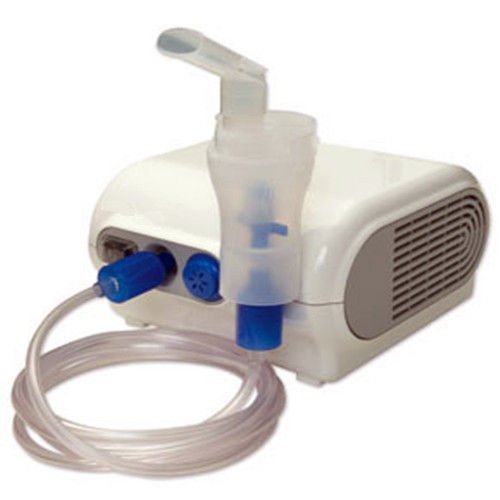My COPD Inhalers Are Expensive: What Can I Do?
Prescription Assistance Programs
Dear Dr. Mahler:
I was diagnosed with COPD a few years ago and stopped working in 2020 as a cook at the local diner because it closed due to COVID. When I was working, the owner of the diner covered my health insurance and I paid $25 – $40 as co-pays for my two inhalers.
I am 66 years old and receive Social Security payments each month. I have Medicare parts A and B insurance, but part D is too expensive. My doctor has given me samples of the once daily inhaler on occasion, but he does not have albuterol samples.
I feel desperate now because I really can’t afford the two inhalers on my fixed income. Do you have any suggestions?
Ken from Sacramento, CA
Dear Ken,
Unfortunately, your situation is all too common. Pharmaceutical companies have developed excellent inhaled medications over the past decades, but the costs are quite high without good insurance coverage.
As you know, Medicare Part D is out-patient prescription drug insurance that covers most inhaler medications used for COPD. Part D coverage is a separate plan than Medicare Parts A and B.
Based on the information that you provided, I can think of two possibilities for you:
Prescription Assistance Program
Nebulized medications
Prescription Assistance Programs
Most pharmaceutical companies have assistance programs, and each company has its own rules. Usually, an individual must:
Be a U.S. citizen or legal resident
Have no prescription insurance coverage
Have an income under 200% of the Federal Poverty Level
Applications for programs offered by individual pharmaceutical companies are available on-line. In the search engine that you use for web searches, I suggest typing in the name of the pharmaceutical company and “prescription assistance programs” to view the information. Also, some medical practices offer help in completing the application. However, you will likely need to provide information about your income.
Or, try the NeedyMeds website
Nebulized medications
Another consideration is to ask your health care professional about nebulized medications. Both short-acting and long-acting bronchodilators and an inhaled corticosteroid suspension are available as solutions to be used in a jet nebulizer. More importantly, these nebulized medications used to treat COPD are typically covered under Medicare Part B insurance.
Jet nebulizer
A jet nebulizer uses a compressor to generate an aerosol to be inhaled Nebulizer cup contains liquid medication. Compressed air or Compressed gas is forced through the cup to generate an aerosol.
Ken – hopefully this information is helpful for you to get appropriate treatment for your COPD.
Please note, the advice provided is not a substitute for asking your health care professional about your specific situation.
Sincerely,
Donald A. Mahler, M.D.


